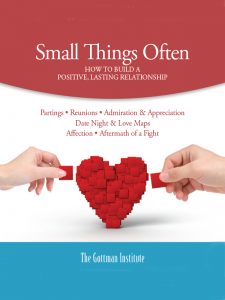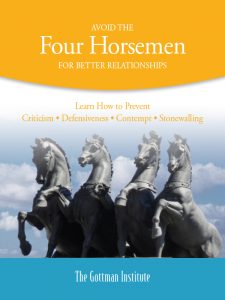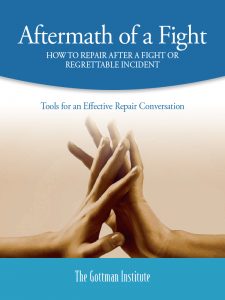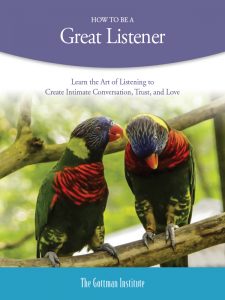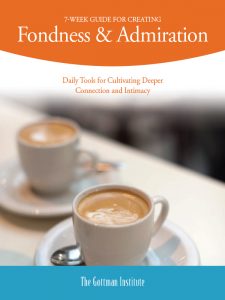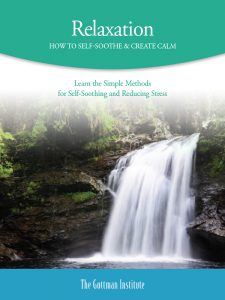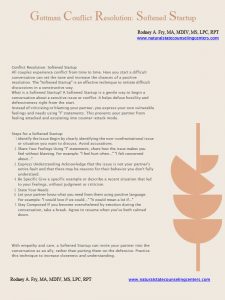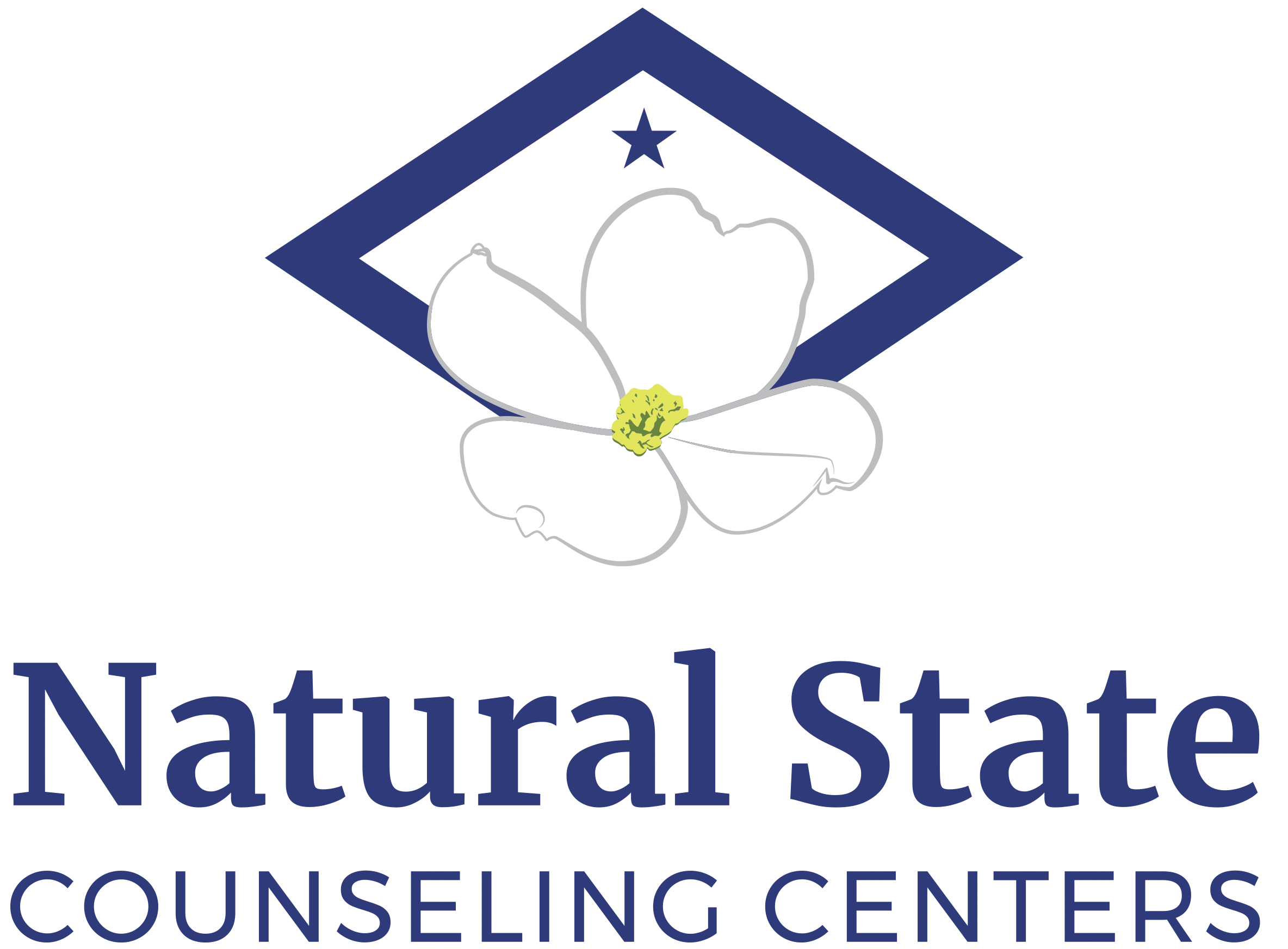-
Small Things Often
-
Avoid Four Horsemen
-
Aftermath of a Fight
-
Be a Great Listener
-
Fondness & Admiration
-
Relaxation
-
Conflict Resolution: Softened Startup
Strengthening Your Relationship: Free Gottman Exercises for Couples
In the journey of love and partnership, nurturing a strong and lasting relationship requires effort, understanding, and effective communication. Drs. John and Julie Gottman, renowned psychologists and relationship experts, have developed a series of exercises designed to help couples deepen their connection, improve communication, and navigate conflicts with greater ease. These “Gottman exercises for couples” are valuable tools that can enhance intimacy and foster a deeper bond between partners.
If you’re seeking free Gottman exercises and activities to strengthen your bond, this comprehensive guide provides practical techniques inspired by the Gottman Method Couples Therapy. From Gottman couples exercises PDF guides to simple daily practices, you’ll find a wealth of research-backed exercises to reignite intimacy, whether you’re newlyweds establishing your foundation or a long-term couple aiming to rekindle the spark. The Gottman Method offers valuable exercises designed to foster deeper understanding, empathy, and connection between couples. These “gottman couples therapy exercises” help couples learn to communicate more effectively with “gottman therapy exercises for communication” and participate in free bonding activities. The Gottman approach provides a research-based framework for enriching your relationship, whether you’re looking for “free couples therapy” resources or want to find “gottman method couples counseling near me.” This introduction will guide you through powerful yet simple activities you can try at home.
By incorporating these exercises into your routine, you can breathe new life into your partnership and nurture the intimacy you both desire while exploring our free Gottman exercises for couples today to pave the way for a more fulfilling, harmonious relationship. Enjoy!
What is Gottman Method of Couples Therapy and How Does it Work?
Before delving into specific exercises, let’s understand the core principles of Gottman Couples Therapy. Based on decades of research, Drs. John and Julie Gottman identified three essential skills that are fundamental to fostering a healthy and thriving relationship:
- Enhancing Love Maps: Love Maps refer to the understanding of your partner’s inner world – their likes, dislikes, dreams, and fears. Couples who have strong Love Maps are more attuned to each other’s needs and emotions.
- Nurturing Fondness and Admiration: This skill involves recognizing and appreciating your partner’s positive qualities, even during challenging times. Couples who express fondness and admiration create a reservoir of goodwill that strengthens their bond.
- Turning Towards Each Other: Inevitably, conflicts arise in any relationship. The key is to turn towards each other, rather than away, during these moments. This skill emphasizes the importance of showing interest, affection, and support when your partner reaches out.
With these foundational skills in mind, let’s explore some free Gottman exercises for couples that can help you cultivate a deeper connection and navigate the highs and lows of your relationship.
Gottman Love Maps Exercise

A Gottman Love Map is a mental representation of your partner’s world. This exercise aims to deepen your understanding of each other’s innermost thoughts and feelings. Set aside time together to take the Love Maps Quiz. You can find a free version online or create your own questions. Some examples include:
- What are your partner’s top three fears?
- What is a childhood memory your partner often talks about?
- What is your partner’s favorite way to relax?
As you answer these questions, you’ll uncover new layers of understanding and strengthen your emotional connection.
Turning Towards Each Other: Daily Rituals of Connection
To practice turning towards each other, establish daily rituals of connection. These are small, intentional moments that allow you to show love and support. Examples include:
- Greeting Ritual: When you come home, take a moment to embrace and share a genuine hello.
- Appreciation Time: Before bed, share one thing you appreciate about your partner from that day.
- Technology-Free Time: Designate an hour each day to be technology-free, focusing solely on each other.
- 6 Second Kiss or Hug: Take the time to kiss or hug for 7 seconds, at the beginning of the day and/or night. Please remember to count!
By incorporating these rituals into your daily life, you prioritize your relationship and create opportunities for meaningful connection.
Relationship Guides by Gottman
Free Couples Therapy Activities
Small Things Often
Great Listener
4 Horsemen
Aftermath of a Fight
Fondness and Admiration
Relaxation
Incorporating these free Gottman exercises for couples into your relationship can yield profound results. Whether you’re aiming to deepen your emotional connection, improve communication, or navigate conflicts with grace, the principles of Gottman Couples Therapy provide a roadmap for success.
Remember, a strong and fulfilling relationship requires ongoing effort and dedication. By enhancing your Love Maps, nurturing fondness and admiration, and turning towards each other in times of need, you can create a resilient and loving partnership.
As you embark on this journey together, embrace these exercises as opportunities for growth and intimacy. By investing in your relationship today, you are laying the foundation for a lifetime of love and happiness.
Work with Gottman-trained therapists at Natural State Counseling Centers
Conflict Resolution: Softened Startup
Conflicts are inevitable in any relationship, but how you approach them makes a significant difference. Practice the “Softened Startup” technique when discussing challenging topics. This involves:
-
Gentle Start: Begin the conversation softly, without criticism or contempt. Use “I” statements to express your feelings.
-
Express Needs: Clearly state what you need or how you feel, focusing on the specific issue at hand.
-
Listen Actively: Practice active listening by paraphrasing what your partner says and showing empathy.
-
Take Breaks: If emotions escalate, agree to take a break and revisit the conversation when both are calmer.
By adopting a softened startup approach, you create a safe space for constructive dialogue and resolution.

